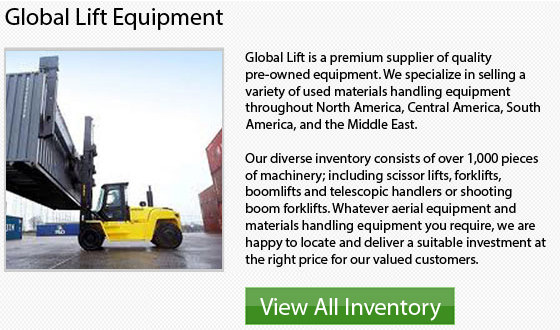
Forklift Controls
Inside any warehouse setting, one of the most common machines is a forklift or lift truck. These versatile equipment are comprised of a vehicle along with two split forks at the front that are capable of hauling and lifting bulky things.
Forklifts could maneuver in small spaces and could lift items into hard to reach, up high places. Forklifts are still really dangerous equipment and need to be operated in a safe manner all the time, after proper training and certification has taken place.
Take the time to read the owners handbook after acquiring a new forklift to help you get familiar with the controls. The guidebook will feature the specific location of every control and the functions it has. Nearly all forklifts have two levers which control the forks. The first lever controls the fork height. In order to make the forks go down, you push the lever forward. To be able to move the forks upwards, you simply pull back on the lever.
The forklift's second lever is used to tilt the forks allowing for better distribution of weight across the forklift. This tilting action helps to keep items steady and won't allow things to fall off while driving. Additionally, it helps items slide off while unloading in a more balanced method.
To be able to tilt the forks back, you pull the lever back and in order to tilt the forks forward, you just push the lever forward. Various kinds of forklifts are equipped with a third lever which controls the width of the forks. Each one of these levers is located just to the right of the operator's seat.
Inexperienced drivers must take advantage of qualified coworkers who can go over the controls with them. Be sure to do this when the forklift is turned off and not in use. Ask the qualified expert if you have any questions about how something works.
Observation is normally the best way to learn new forklift skills. So make time to observe a coworker demonstrating the function of every control. On hydrostatic lift trucks, notice that in order to make the machinery go, you utilize the gas. And if you want to make it stop, you simply release the gas pedal. There is no brake on these kinds of lift trucks. There are some hydrostatic models which are outfitted with battery powered engines that turn off when the gas pedal is released. They start up once the gas pedal is pushed again.